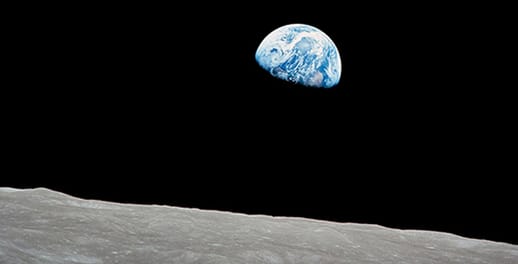Listen to the podcast
We speak to the founder and CEO, Petronelle Niewoudt, her partner Chris de Bruno, Manqoba Radebe- one of the Investec YES interns working at C4W and Felicia Sibiya, a ranger in C4W’s anti-poaching unit (APU).
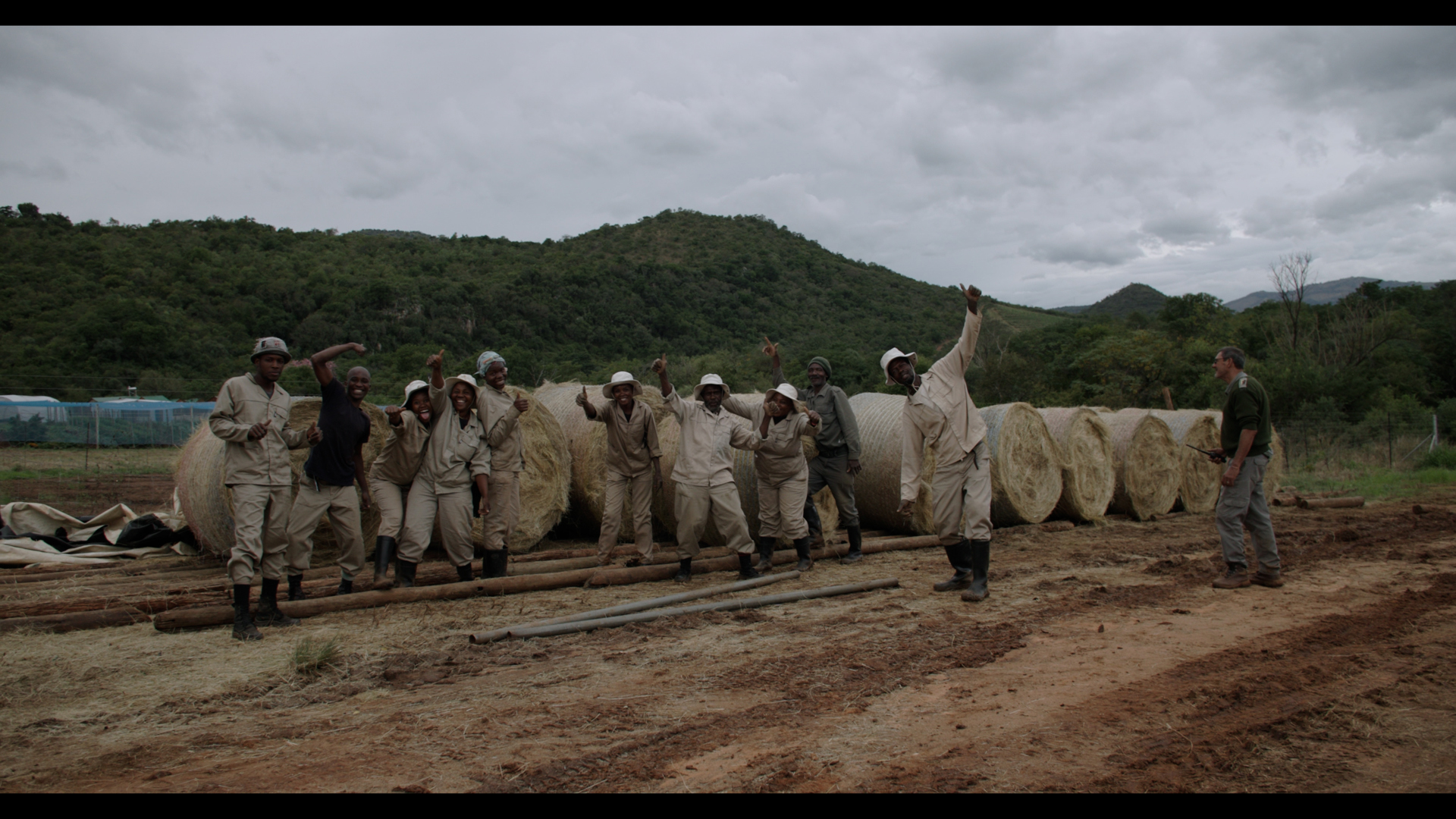
Remember Mazlow
“It's not possible to save rhinos if we don't think about the local communities and the poverty and unemployment they face. If we don’t, they will not accept what we are trying to do. They will not work for it.”
That was Petronel Niewoudt, CEO and founder of Care for Wild (C4W), a rhino sanctuary in Mpumalanga, during an Investec FOCUS Radio podcast series, Future Impact. She understands correctly that it’s the communities who surround the rhinos, more than anything else, that will save them from extinction.
The crux of the matter is that when your physiological needs – the first rung on Maslow’s Hierarchy that includes the likes of food and shelter – are not being met, there is no incentive to conserve anything, let alone a rhino that wealthy people ooh and ahh about.
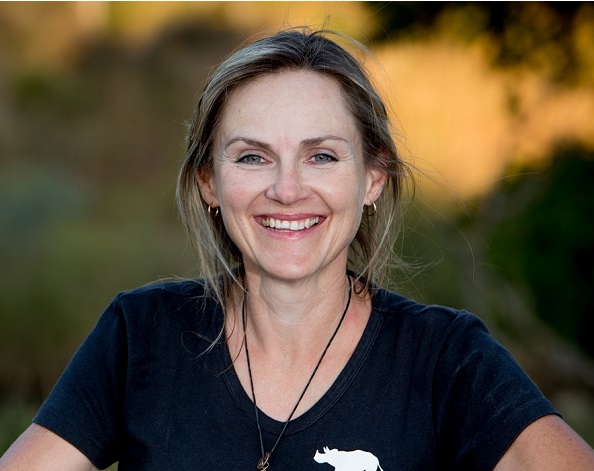
From the beginning of Care for Wild, we’ve adopted a ‘soft fences’ approach, which means we include the community in our work, letting their needs shape our business model,” Niewoudt continues.
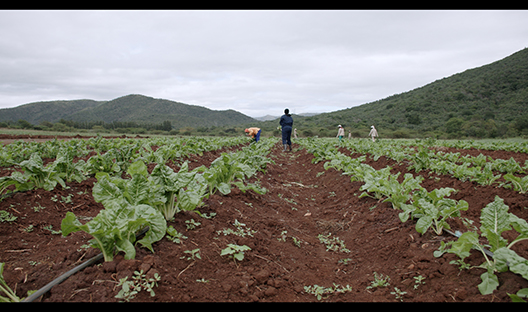
Make it sustainable
Conservation efforts that have a direct, positive impact on the needs of the surrounding communities will not only be more effective but more sustainable, an outcome that Chris de Bruno Austin, a director at C4W, is working towards,
“When you witness something like Covid-19 and the impact it had on the tourism industry, you realise that being reliant on donor funding is not the answer. We need to secure long-term income streams to ensure the rhino sanctuary survives into perpetuity.”
Under Chris’s guidance, a 1,500-hectare commercial farming operation, growing macadamia nuts and vegetables with plans to plant citrus, is afoot. It’s a for-profit venture, sanctioned by local chiefs, in which the economic and organic fruits are enjoyed equally by C4W and the surrounding community.
“The business is here to make money because C4W needs the funding, but also because the community will work to keep it going if they are benefitting directly, both financially and through improved food security.”
That dynamic should create a symbiotic and self-sustaining ecosystem: the more livelihoods tied to conservation efforts, the more attitudes will shift in defence of the animals in question.
And as with any meaningful change, the most important people to convince are the youth.
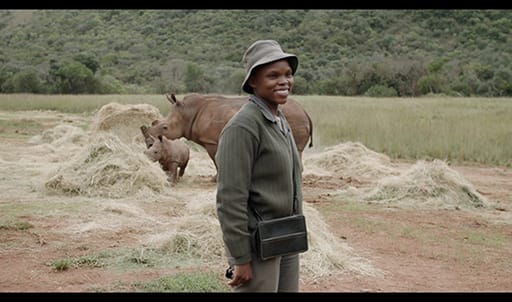
Create role models
“The young ones, they also want to come and do this thing I'm doing. They also want to save the rhinos. Most of them say, ‘Tell us when they are recruiting!’. So yeah, they are proud of me.”
That was Felicia Sibiya,a ranger in C4W’s anti-poaching unit (APU). Her story is an example of how to change community attitudes towards conservation.
She graduated through the Youth Employment Services (YES) program which, in collaboration with C4W, recruits young adults from communities neighbouring rhino lands. Like Felicia, many such graduates now find themselves as salaried employees of the sanctuary’s 200-strong workforce.
We know the gravity of a job in South Africa; it can provide food and shelter for a handful of people who – with their basic needs taken care of – can go to school or spend their energy on economically productive tasks.
You can be sure that members of Felicia’s community are taking notice of her conservation work and the reward it brings. If just a few choose to follow in her footsteps, the benefits could be exponential, for both the community and the rhino.
The parallel avenue to creating that impact is education.
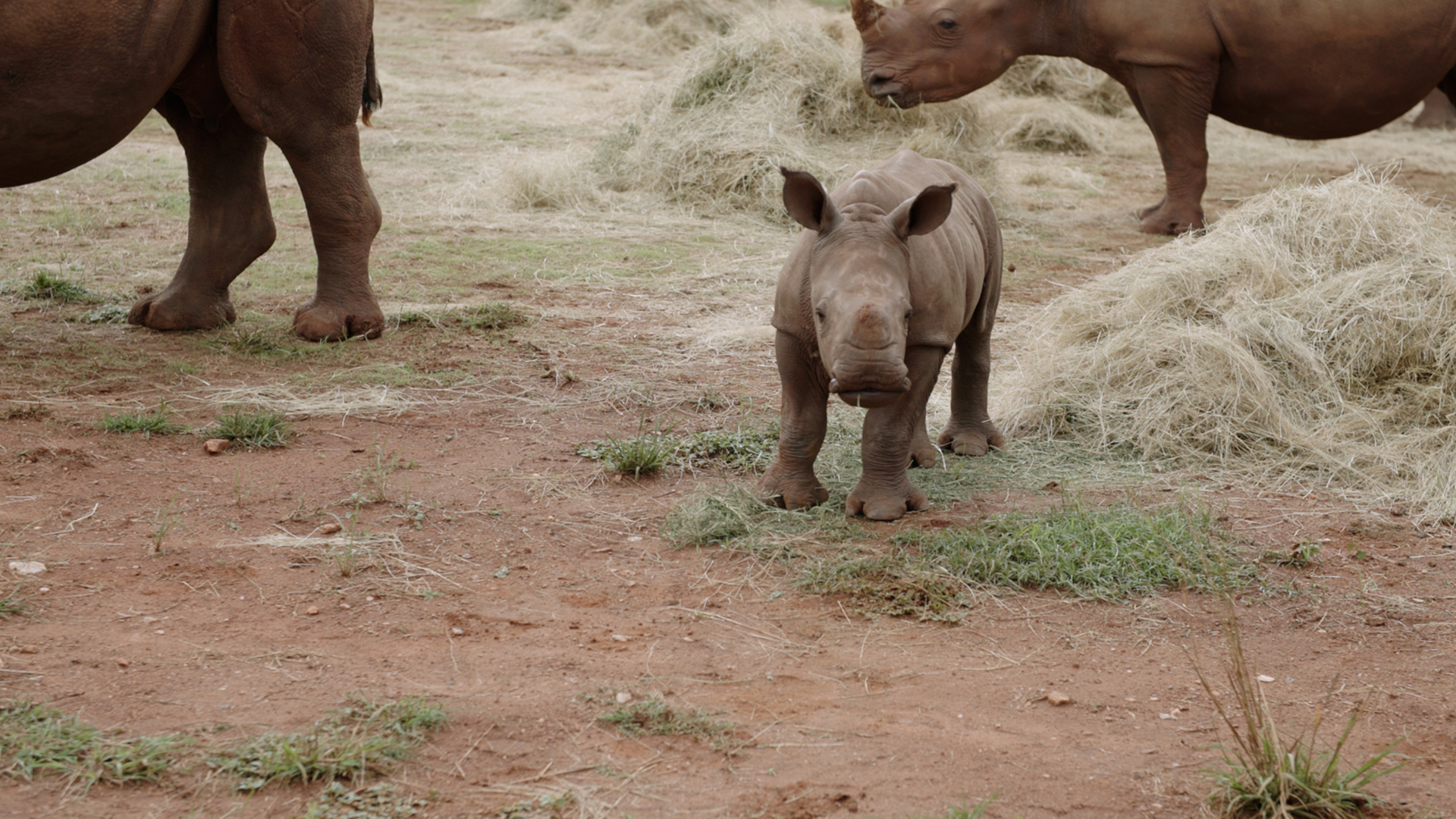
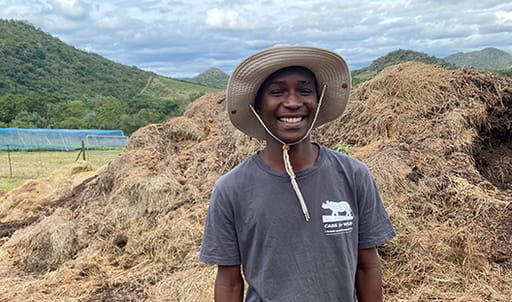
Teach the people skills
Manqoba (‘Manny’) Radebe is a 21-year-old former student who dropped out of his Bachelor of Accounting Science degree due to a lack of funding. Now he’s an Investec YES intern working at C4W. Thankfully, he’s still learning.
“I’ve learnt about everything from feeding rhinos, to road maintenance to agricultural best practices. For example, we cover rhino dung collected from the sanctuary with lucerne so that fungi and earthworms eat and decompose the material, creating nutrient-rich compost for the C4W garden.”
It’s not your average garden, either. The current harvest includes cabbage, tomatoes, beetroot, maize meal, chilies and butternut. That fresh produce is used to feed the rhinos – butternut’s a firm favourite – and the local community, free of charge.
That circular ecosystem creates a connection in the mind of the community between their wellbeing and that of the rhino – if C4W disappears, there will be less food to go around.
The bigger picture is that Manny is learning skills that will make him employable, maybe even entrepreneurial, significantly reducing the odds of him and those is his gravitational field from becoming poachers.
And because the rhino sits at the heart of the opportunity he’s been given, he’ll be more likely to stand up for the animal in his community engagements.
Change how they see things
“At first, I thought we were saving rhinos. But it’s so much bigger than that,” concluded Petronel.
Once she realised that conservation must be community-driven to survive, the fate of C4W became inextricable from that of the people living in proximity to these celestial giants.
What keeps her awake at night? The glimpses they’re getting of a truly sustainable conservation model that not only improves human life but simultaneously addresses the root causes of rhino poaching.
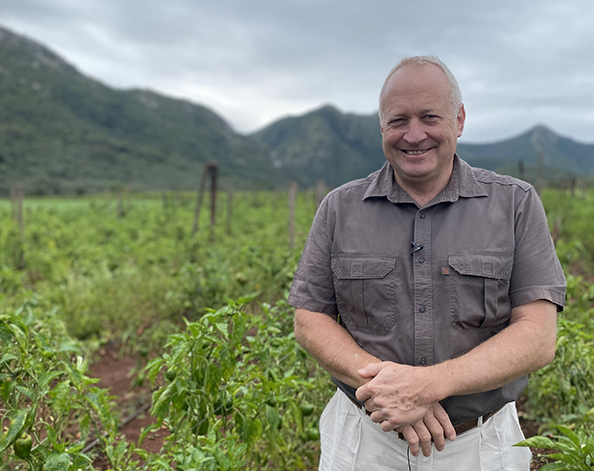
If we can link the sanctuary, in the minds of community children, to the successes it’s creating, they will grow up to say, ‘Don't do this. It's not good to poach rhino.’ You can only change the world if you change the way the youth see it.
Receive Focus insights straight to your inbox





